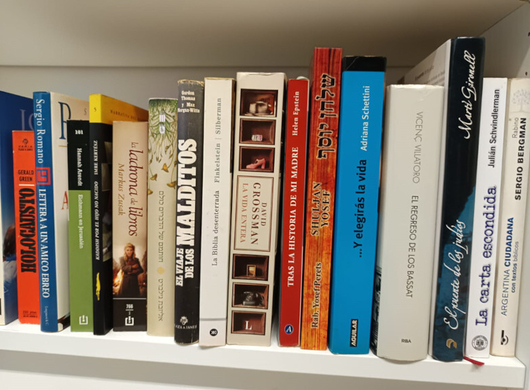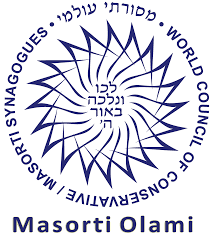Victoriosa from Yishai Sarid
Translation into Catalan by Roser Lluch, Club Editor.
Translation into Spanish by Ana Bejarano, Editorial Sigilo
"I write about painful things, about things that hurt me, that cause me pain, but I don't do it since outside I am not from the UN or Europe, I am writing from the inside. So, even if I'm against it and think it's one nonsense, living here in Israel, I am part of it and I assume my responsibility”.
A Yishai Sarid (*Tel Aviv 1965), author of six novels so far, three of which published in Catalan, Limassol, El monstre de la memoria and Victoriosa, he is interested in working in the key of fiction development of your country. It does so through stories that, based on its main characters, we they show the functioning of the institutions of the State of Israel. Lawyer and journalist, son of an MP and government minister, Yishai Sarid belonged to his country's intelligence services, was an officer of the army during the 1980s and worked as an assistant in the State Prosecutor's Office.
In Victoriosa the object of his scrutiny is the Israeli army. The protagonist, Abigail, a psychologist specialized in the act of killing and war trauma, has a military career and works in education of soldiers and officers. She is the one who designs and teaches training courses for young women generations of recruits to harden them and increase their ability to kill by attenuating them to the maximum remorse and guilt. It is she who sharpens with great skill the fiercest ability of the troop to endure blood, gutted bodies and crushed heads and be cruel and ruthless agents of war. Is she who prepares the "simulations of captivity" to teach physical and psychological resistance to them torture and humiliation if they fall into the hands of the enemy.
In the novel, Abigail narrates the journey of this mental and physical training, about training young soldiers so that they go to the battlefield stripped of fears and insecurities. At the same time, that one arises need to protect them from the psychological damage they might return from the confrontation; the text it transports the reader to the atmospheres that Sarid himself witnessed.

















